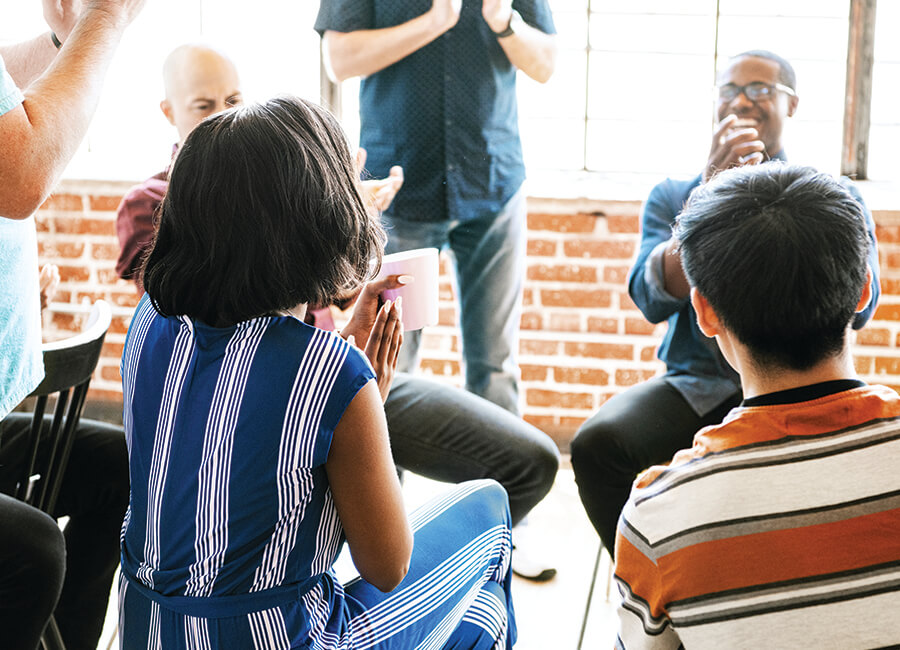By Dan W. Osborne -
I must admit that when the question was first presented to me it seemed a bit preposterous. I’m like, yeah sure, and why not throw in global enlightenment and the end of all diseases.
I’m willing to bet most of us, myself included, were counting on the government to step up to the plate here with its almost unlimited budgets (due to printing money and imposing taxes) and its legal powers and abilities of enforcement.
But if covid has shown me anything, it’s that the government is barely competent to provide the services we expect and pay dearly for. When you throw in something as unexpected as a world pandemic, we get a convincing demonstration of their lack of ability to respond in any way that even slightly resembles a well thought out intelligent plan.
Government’s ability feels especially hopeless when we see politician’s own ambitions at times driving the very polarisation and division we want them to work against.
So what about charities, religions, NGOs and such? Yes, definitely they can play a valuable part but – generally speaking – they so often seem to have other agendas and priorities that relegate social harmony to an after-effect or by-product.
Scientific research shows that when people feel disconnected, isolated or denigrated they tend to look for others for which to blame their unhappiness. And when they don’t feel seen or heard – not only politically but socially as well – they often feel unimportant and even depressed. They are also much more likely to be susceptible to the ideas of more extremist groups who may offer them some minority to blame their frustrations on.
But helping someone to feel more connected and less isolated in their extreme views can be surprisingly easy. It’s done through conversation. Often just friendly conversation of even a minute or two can make a big difference to someone’s attitude and perceptions.
If we choose not to speak to someone because we don’t appreciate their point of view, we only encourage the type of isolation and division we don’t want to experience in our communities.
Understandably, many of us have taken social harmony for granted but as Sasha Havlicek says below, we can’t assume that the next generation will have the peace and harmony most of us have been so fortunate to enjoy.
I often think back to the many documentaries I’ve watched about the beginning of Germany’s transformation to Nazism. This historic film footage shows the stripping out of the Jewish people from society. To my mind, it screams the question “how could the average person not have fought to protect against the destruction of their society when extreme force was used against such innocent law abiding people”? I guess, perhaps, most did not see it as their responsibility.

Let’s not make the same mistake today. Let’s take responsibility by putting some effort into ensuring we can all enjoy a stable and peaceful society in the future. And while reaching out to others in simple friendly conversation may not turn the situation around completely, I would argue that based on scientific research spanning many years, that this simple inexpensive action has much more potential to contribute to social harmony at a grass roots level than almost anything else one individual might do.

